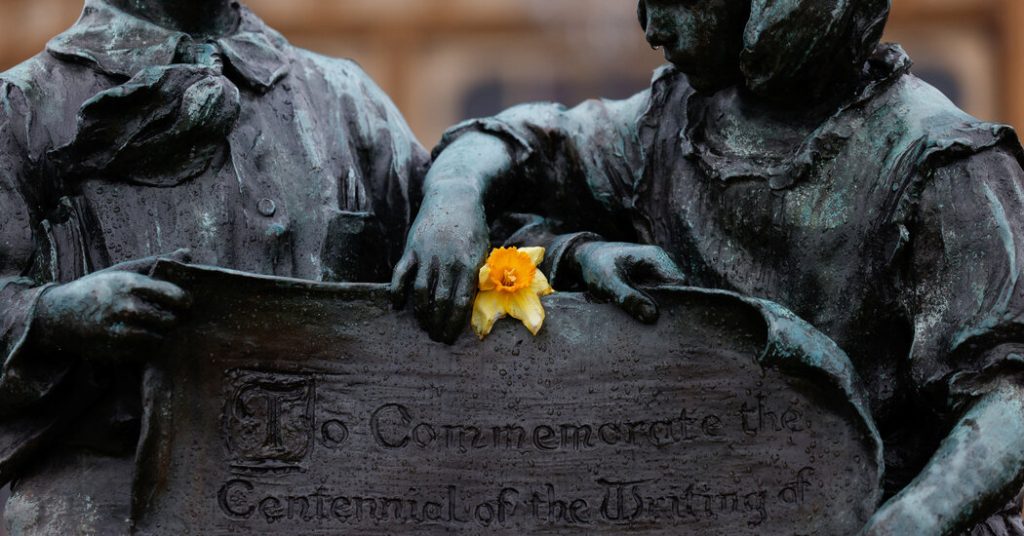Jose López was one of the first in his family to leave Guatemala for a new life in the United States. He settled in Baltimore in the early 2000s, where he found fellow Guatemalans, Mexicans, and others with similar aspirations. He worked hard to provide food and shelter for his family, taking on a new job repairing roads on Maryland bridges. Tragically, a ship struck a bridge he was working on, causing it to collapse and sending six workers, including José López, into the Petapsco River, resulting in their deaths. The loss has deeply impacted Baltimore’s Hispanic community as they mourn the workers who were just trying to make a living.
The six victims, including José López, have been identified as hardworking immigrants from various Latin American countries, such as El Salvador, Honduras, and Mexico. They had been working late into the night in cold temperatures to ensure the safety of others who would use the Francis Scott Key Bridge. The tragedy has highlighted the difficult and dangerous jobs that immigrants often take on when others are unwilling, such as road maintenance and roofing. The disaster has cast a shadow over the Hispanic community in Baltimore, which has been gradually growing and reshaping neighborhoods with businesses and cultural influences from their countries of origin.
Despite the city’s embrace of immigrants and the benefits they bring, the ship crash and subsequent bridge collapse have raised many questions and concerns. Family members of the victims are struggling to cope with the loss and the lack of closure, especially for those whose bodies have not been recovered. The families are in a state of grief and uncertainty, with language barriers and legal status complicating the situation. Community leaders and government officials have expressed their support for the families and have been working to provide assistance and guidance during this difficult time.
The families of the victims are left waiting for answers and trying to navigate the difficult process of grieving and honoring their loved ones. Dona Batkis, a social worker, has been assisting the families through this challenging time, providing emotional support and helping to address their needs. Maryland Governor Wes Moore and other officials have shown their solidarity and support for the families of the deceased workers, offering condolences and assistance. The tragedy has brought the Hispanic community together in mourning and solidarity as they seek justice and closure for the lives lost in the bridge collapse.
Grieving family members have been reminiscing about their loved ones and the lives they built in Baltimore. Jovani López, who lost his brother José in the tragedy, has been grappling with the loss, cherishing memories of their childhood in Guatemala and their time together in Baltimore. He has been trying to find solace in their shared experiences and the life they had created in their new home. However, the wreckage of the Key Bridge serves as a constant reminder of the devastating event, leaving him with lingering questions and a profound sense of loss and longing for his brother who was taken too soon.
The aftermath of the bridge collapse has not only left a physical scar on the landscape of Baltimore but has also left a deep emotional impact on the city’s Hispanic community and beyond. The tragedy serves as a stark reminder of the sacrifices and dangers faced by immigrant workers who often take on risky jobs to support their families. As the families of the victims continue to mourn and search for closure, they are met with an outpouring of support and solidarity from their community and officials, offering hope and comfort during this difficult time of loss and grief.


